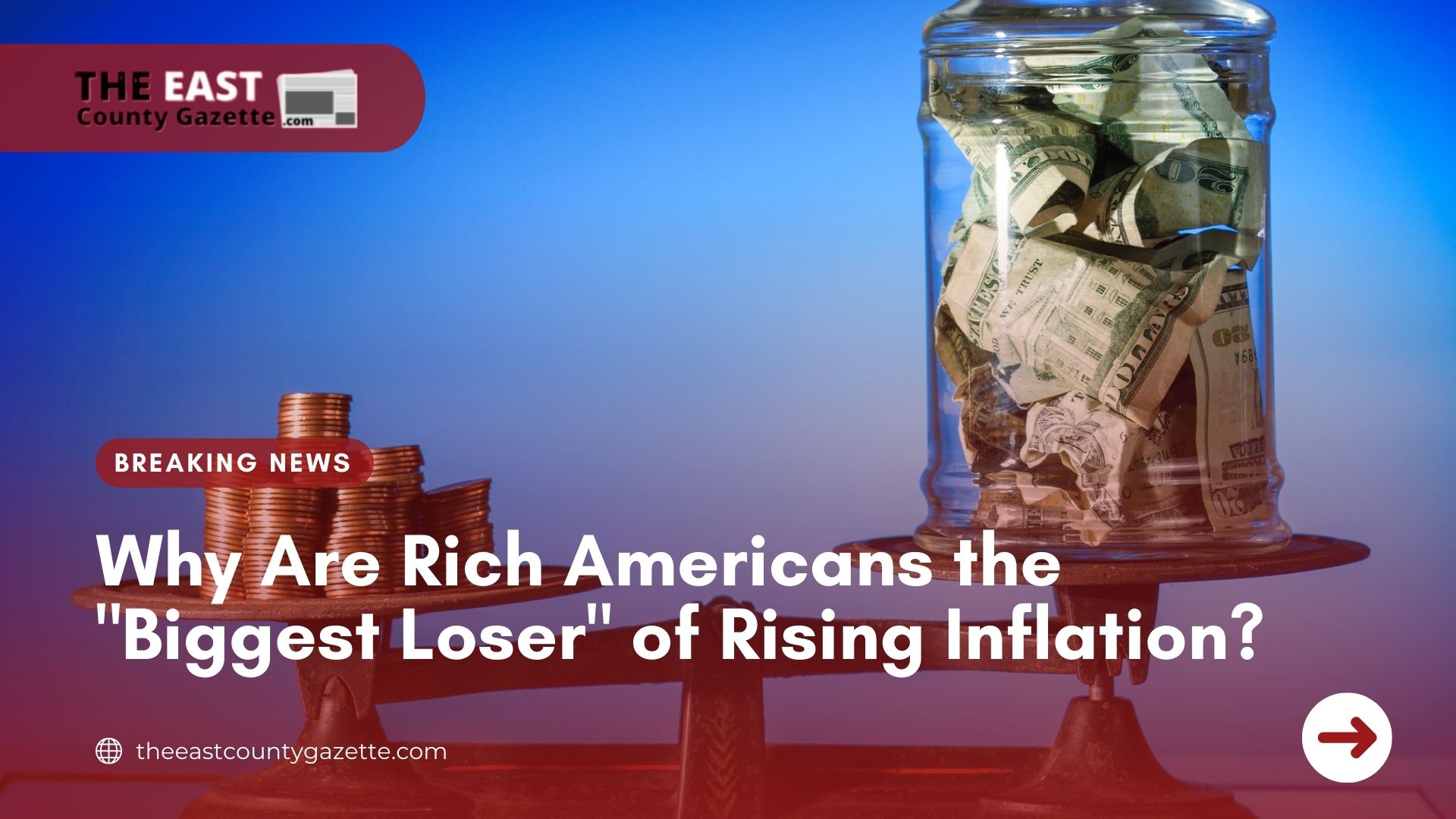In economics, inflation (or less frequently, price inflation) is a general rise in the price level of an economy over a period of time.
When the general price level rises, each unit of currency buys fewer goods and services; consequently, inflation reflects a reduction in the purchasing power per unit of money – a loss of real value in the medium of exchange and unit of account within the economy.
Read more: Why Inflation Grows as Recipients Earn Fat Paychecks?
Inflation reduces the purchasing power of each unit of currency, which leads to increases in the prices of goods and services over time.
Inflation can be beneficial to everyday consumers and harsher to richer Americans.
One reason is that credit card interest rates, which largely aren’t fixed, have shot up this year to an average of 17.13%, just under the all-time record high of 17.14% that was reached in 2019, according to the Federal Reserve.
Read more: Social Security COLA Strategies That’ll Protect Your Benefits Despite High Inflation
People living on a fixed income, such as retirees, who aren’t benefiting from wage increases that people in the labor force are seeing, are feeling extra pain as prices go up.
People with exposure to government bonds can expect to be affected as well. That’s because those bond holders, who are essentially lending money to the government, will be paid back in money that has less purchasing power.

